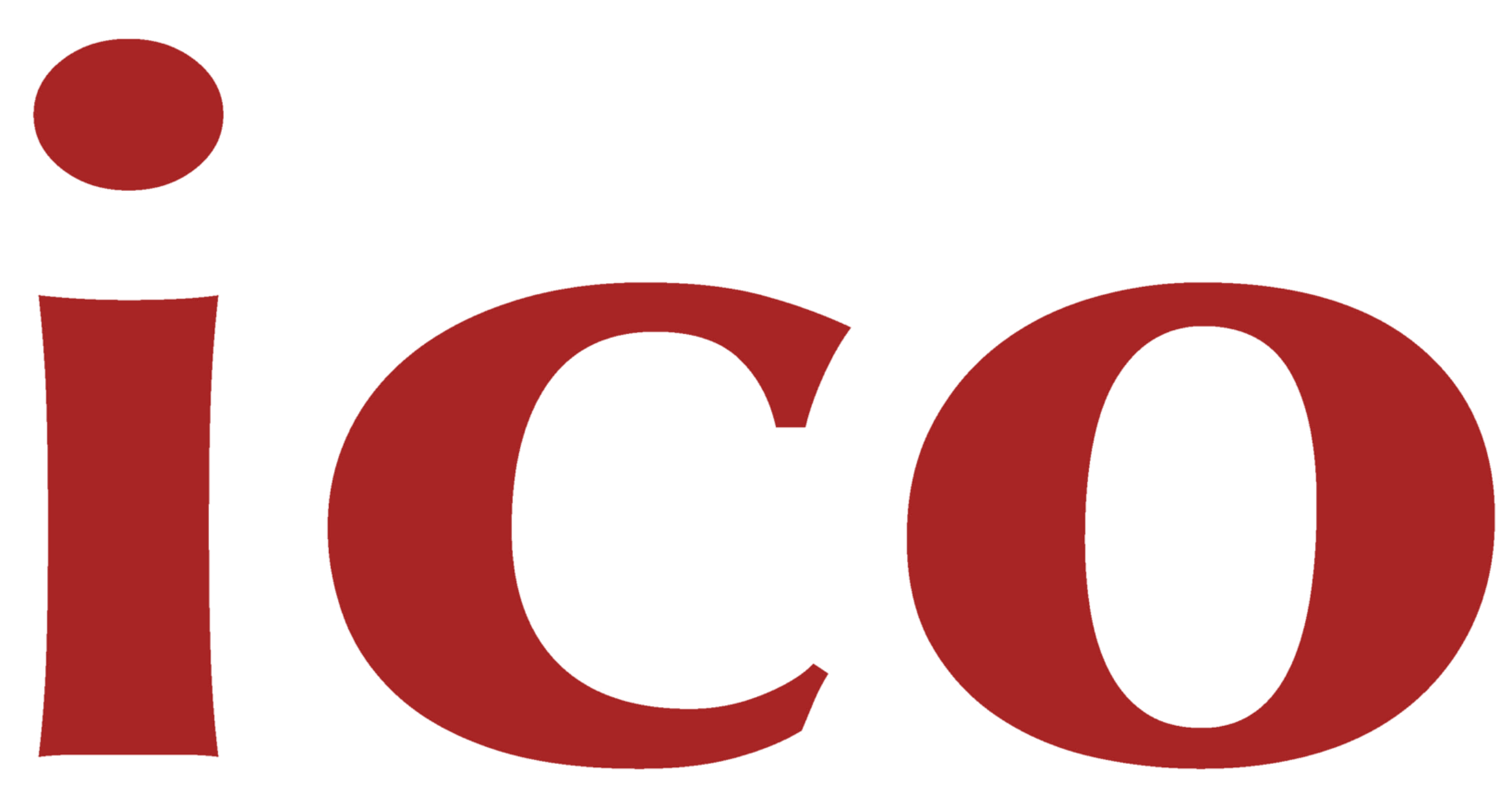22-T2 – ICT and Education: From Theory to Practice
Course coordinators:
Dr. Omid Noroozi, Wageningen University and Research
Dr. Pantelis M. Papadopoulos, University of Twente
Dr. Mohammadreza Farrokhnia, Wageningen University and Research
Course description
The course offers a broad view of how learning theories and instructional design can dictate the system requirements of available educational technologies through four sessions. Starting with instructional design in the first session, the course takes a look at multimedia principles, models, and guidelines for developing meaningful technological tools for online learning. In the second session, the focus is on how integrating technology into the learning experience can support the development of 21st-century skills. In the third session, attention is moved to innovative and emerging technologies and specifically to applications of artificial intelligence and learning analytics in the educational context. Finally, in the fourth session, authentic learning environments come into focus, and the course introduces a range of tools that can inject authentic context into a learning scenario (e.g., serious games, simulations, virtual reality) and offers the opportunity for hands-on activities to the students. Practical and ethical issues related to the use of technology for teaching and educational research are discussed throughout the course, while the combination of lectures, hands-on activities, and guest lectures from experts in the field is expected to provide additional opportunities to link the learning goals of the course to their ongoing research activities.
Course learning goals
By the end of the course, the students should be able to:
- Demonstrate knowledge about current topics and developments in educational technology
- Analyze the instructional design of technology-based learning environments
- Identify the potential ethical issues of a technology-based learning environment
- Engage in discussions about the strengths, weaknesses, opportunities, and threats of research on technology-based learning
- Demonstrate knowledge about the role of technology in developing 21st-century skills
- Discuss different techniques for learning analytics
- Discuss the role of artificial intelligence in promoting self-regulated learning
- Analyze how the affordances of the discussed technologies could be used to answer research questions in their own research project
- Leading a discussion on a specific topic of their choice (related to your own research)
Requirements: The students should have an academic master’s degree, but no further requirements need to be fulfilled.
Type of course: Face-to-face
Meetings
Meetings start at 10 AM and end at 5 PM with a one-hour lunch break in between. Given that the course counts for 3 ECTS, 84 hours should be invested to pass the course successfully. In this regard, the following time distribution is foreseen:
- 28 hours of face-to-face and online meetings
- 56 hours for home assignments
Location: Utrecht – Vergadercentrum Vredenburg, Vredenburg 19, Utrecht
Route: https://www.vergadercentrumvredenburg.nl/route/
Sessions
Session 1 (Friday, 7 October 2022)
Main theme: The importance of instructional design for developing technology-based learning environments
Topics:
- Instructional design principles for developing technology-based learning environments
- Ethical issues related to technology-based learning environments
Suggested literature:
- Van Merriënboer, J. J., Clark, R. E., & De Croock, M. B. (2002). Blueprints for complex learning: The 4C/ID-model. Educational technology research and development, 50(2), 39-61. (required)
- Spector, J. M. (2016). Ethics in educational technology: Towards a framework for ethical decision making in and for the discipline. Educational Technology Research and Development, 64(5), 1003-1011. (required)
- Reigeluth, C. M. (1999). What is instructional design theory, and how is it changing. Instructional-design theories and models: A new paradigm of instructional theory, 2, 5-29. (optional)
- Girvan, C., & Savage, T. (2012). Ethical considerations for educational research in a virtual world. Interactive Learning Environments, 20(3), 239-251. (optional)
Session 2 (Friday, 14 October 2022)
Main Theme: The role of technology in developing 21st-century skills
Topics:
- Developing 21st-century skills in technology-based learning environments
Suggested literature:
- Lewin, C., & McNicol, S. (2015). Supporting the development of 21st-century skills through ICT. KEYCIT 2014-Key Competencies in Informatics and ICT, (7), 181-198. (required)
- Voogt, J., Knezek, G., Cox, M., Knezek, D., & ten Brummelhuis, A. (2013). Under which conditions does ICT have a positive effect on teaching and learning? A call to action. Journal of computer-assisted learning, 29(1), 4-14. (optional)
- Ananiadoui, K., & Claro, M. (2009). 21st-century skills and competences for new millennium learners in OECD countries. (optional)
Session 3 (Friday, 21 October 2022)
Main Theme: Application of learning analytics and Artificial Intelligence for outcome assessment and promoting self-regulated learning
Topics:
- Application of learning analytics for outcome assessment and promoting self-regulated learning
- Application of Artificial Intelligence for outcome assessment and promoting self-regulated learning
- Ethical issues related to using learning analytics in educational research
Suggested literature:
- Matcha, W., Ahmad Uzir, N., Gasevic, D., & Pardo, A. (2019). A systematic review of empirical studies on learning analytics dashboards: A self-regulated learning perspective. IEEE Transactions on Learning Technologies, 13(2), 226-245. (required)
- Tzimas, D., & Demetriadis, S. (2021). Ethical issues in learning analytics: a review of the field. Educational Technology Research and Development, 1-33. (required)
- Tegos, S., Demetriadis, S., Papadopoulos, P. M., Weinberger, A. (2016). Conversational agents for academically productive talk: a comparison of directed and undirected agent interventions. International Journal of Computer-Supported Collaborative Learning, 11(4), 417–440. (optional)
- Schumacher, C., & Ifenthaler, D. (2018). Features students really expect from learning analytics. Computers in Human Behavior, 78, 397-407. (optional)
Session 4 (Friday, 28 October 2022)
Main Theme: Authentic technology-based learning environments
Topics:
- Learning affordances of technology-based learning environments
- Experiencing different technology-based learning environments (e.g., serious games, simulations, and virtual reality)
Suggested literature:
- Bower, M. (2008). Affordance analysis – matching learning tasks with learning technologies, Educational Media International, 45(1), 3-15. (required)
- Bower, M. (2016). Deriving a typology of web 2.0 learning technologies. British Journal of Educational Technology, 47(4), 763–777. (optional)
Download Course Manual: https://ico-education.nl/wp-content/uploads/2022/09/ICT-and-Education-course-final.pdf
